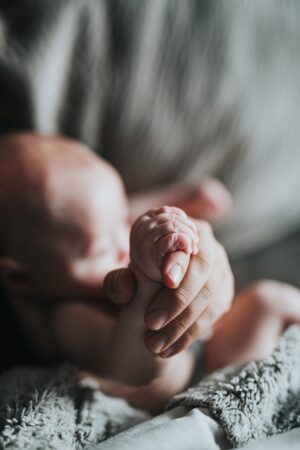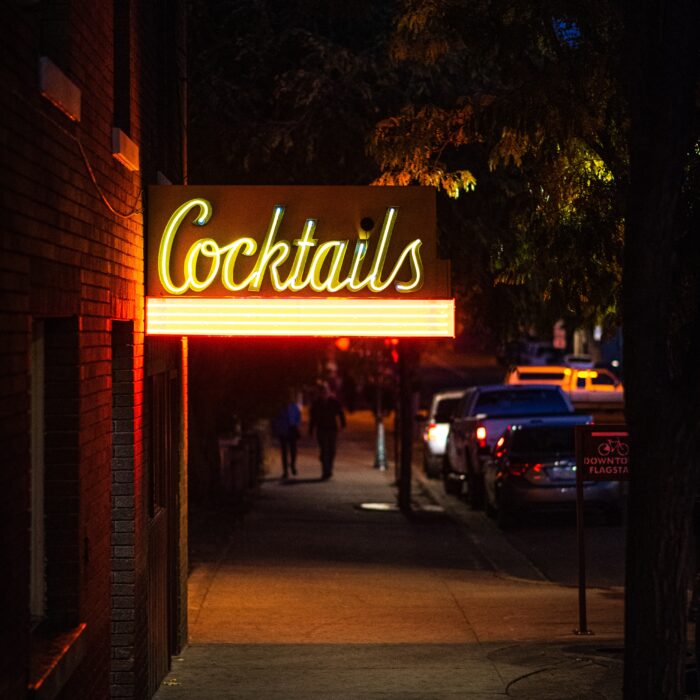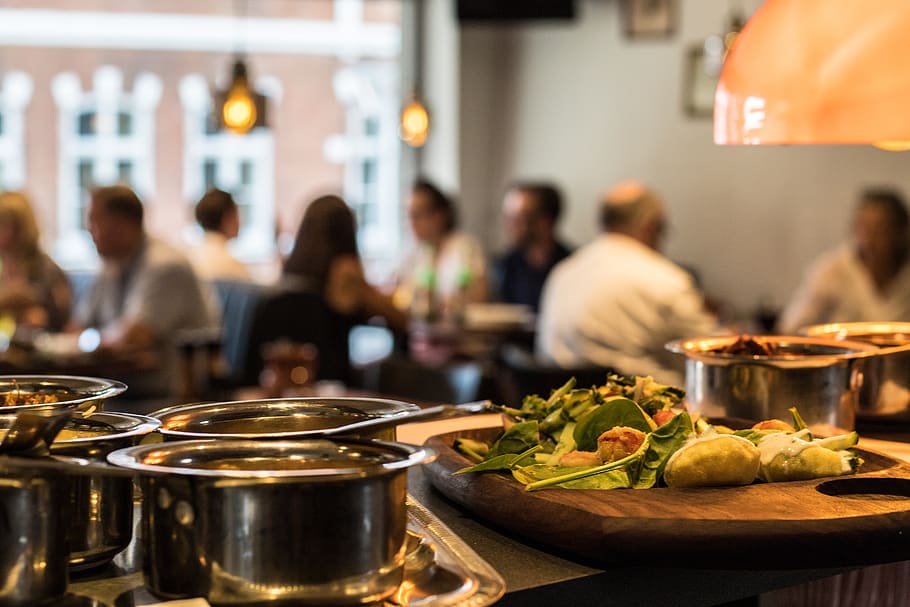You have no items in your cart. Want to get some nice things?
Go shopping
In Zürich, you can leave your eggs on the counter. They do not spoil because they’re still varnished with some waxy protective coat. It’s wet in our apartment. Our coughs are like thick bath towels we can’t wring out. The drips from the crank-open windows dot my chilled skin, leaving punctuation marks on the rough concrete floor. The fog sits like a mother hen on the house and I shiver in paranoia.
When I brought my eldest child home from the hospital in Albuquerque, I used to stick my finger under her nose. Sometimes I’d lick my finger first like a hot air balloon pilot might check the direction of the wind, just to make sure she was breathing. It was bizarre, but I couldn’t stop. I counted my pats on her delicate birdbone back. One hard, two soft, one hard. A tessellation of burping that never resulted in the soft, satisfying belches I was told to expect. Only long spit up stains that looked like white ghouls on the shoulders of every shirt in the house.
The OCD fact sheet they handed me in my postpartum visit says that in severe cases, a mother might withdraw. I spent hours ruminating on that pamphlet, studying it like an advanced recipe on coddled eggs. She might stop caring for her baby. She might be so afraid of dropping this thing she spent years trying for, this subject of so many doctors’ visits and dreams and wishing spells, like a lucky penny slipping out of your pocket, that she won’t carry it anymore.
We’re taught to carry eggs gently. They might crack. Our pregnancies are filled with horrifying statistics and strange advice. Brutal realities are mixed with old wives’ tales. The miscarriages I’ve suffered can all be pinned to lifting my arms above my head, to telling my mother I was pregnant before the customary 12 weeks, to stepping over a rope that tied down a tarp we’d tied down to protect our garden seedlings from the April hail. Wrong seedlings to look out for. We’re taught to carry eggs gently, but what about once the egg is hatched? Is it normal to gather the bright pieces of shell on your tongue like communion wafers?
In stages, I was better. I washed my hands a pathologically sensible amount of times. I deviated from the baby’s routine. The delirium of motherhood had settled and I no longer imagined her immediate death when I cooked an omelet. I even started brewing another baby. My husband graduated. We felt secure, ready for adventure. We traveled by train from Paris. The air smelled crackling clean. The pencil soot on my writing hand left toeless baby footprints on my journal where I promised to record what it was like to raise my sweet toddler abroad. We arrived in Zürich March 2, 2020 for my husband’s postdoc.
Each of those first few days startled me awake. I’d lay discombobulated, feeling the yolk in my belly stir and the toddler next to me turn, and remember that I was a mother. Once, I saw a baby bird on the sidewalk shivering and squawking for a mother that never returned. I didn’t know you’re not supposed to touch them, that if you move them they won’t be found, their scent will change, their mother will blindly swoop above searching and never find them again.
What was once odd, bizarre, humiliating for me became common practice for other expats, my in-laws, the strangers on the news: Did you wash your grocery bags? Did you scour your hands? Did you sanitize your packages? Did you scrub your vegetables? Even the freezer bags or cans? Did you?
No playgrounds. Far too contaminated. The bottom of the slide has precisely the same amount of bacteria— The baby swing has 52,000 times what a home toilet seat— My daughter has a stunted childhood. That window when I was recovered and the world was safe is now closed tight, lest the soft wind carry filth and doom into the nursery.
No public transit. But I need to give birth again. At the hospital, do I risk the elevator, a tiny tin coffin with stale air? If I catch it now, I’ll pass it to the new baby, and then he will move out of my womb and into his own tiny coffin. Stairs instead? They wind me in my double mask in the July heat. I imagine myself tripping down the stairs in cinematic stills. There’s the rail. Do I risk it? As I fill out the mental decision matrix, I hear it. Don’t you? Don’t you hear that man’s phlegm ebbing and flowing as he climbs the stairs?
No mail. Let it sit three days to be sure nothing lurks on the licked seal or the handwritten apartment number. I am far from my family. It takes a month to get a care package from the grandparents. There are homemade cookies, but the tin has been pried opened by Customs. I toss them before my toddler can see. I sanitize the baby’s bottles with boiling water and sterilize the pacifiers that fall on our floor.
A neighbor tells me she mops her floors each day. The whole house. The thought consumes me. My hands grow raw once more.
I reach out to the women who have had children in the same batches as me. At first they recommend cleaning supplies; after they realize I’m a particular kind of mess, they gently steer our conversations toward help. I’ve scrubbed so hard I’m transparent. They see through.
A common cold does it. In feverish paranoia, convinced we have the coronavirus. I long for dirt. The dirt of my homeland. Some pregnant and nursing women crawl on the ground and eat the soil, hungry for iron. I beg to return. After some time, the fever passes and we do. I have to hold back from throwing myself on the carpet at the George Bush airport and kissing the filthy ground.
In the States, a bird builds a nest in our new backyard and I watch the mother nervous and tentative to leave for food. I cheer her on quietly. It doesn’t always end like this. It is sometimes total devastation, a dirty wildfire that doesn’t play by the rules, that leaves nothing but heavy ash on the window blinds and grief hiding in the cleaning cupboard. People with OCD are ten times more likely to end their lives. Like the tessellated rhythm that guided my pats and shushes, my postpartum OCD might come back with menopause. The hormonal shift is out there lurking like a bird in a filthy cage, waiting. I hope I am ready, but I dare not prepare.
About Bunny McFadden
Dr. Bunny McFadden (she/they) is a Chicana mother who tinkers with words for a living. Their website is DocBunny.com. Her work has been purchased by Fantasy & Science Fiction, Apex, and others.
- Web |
- More Posts(1)




